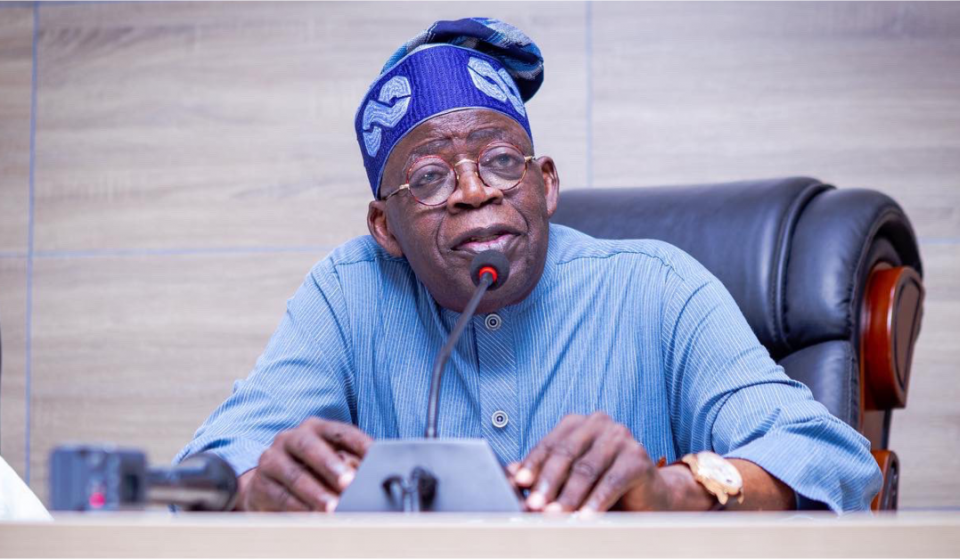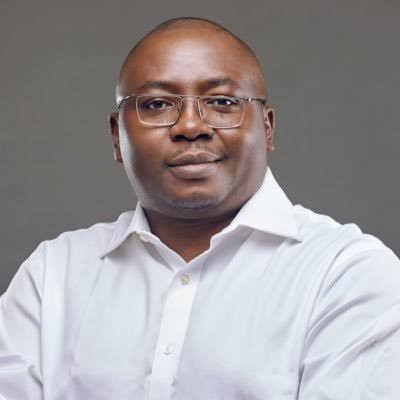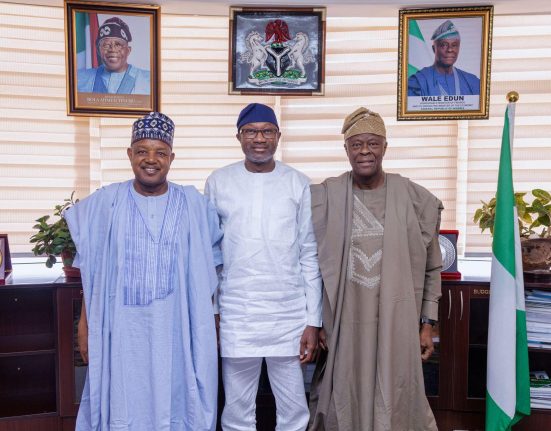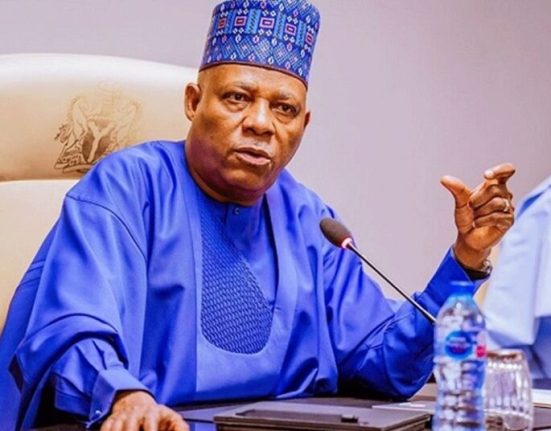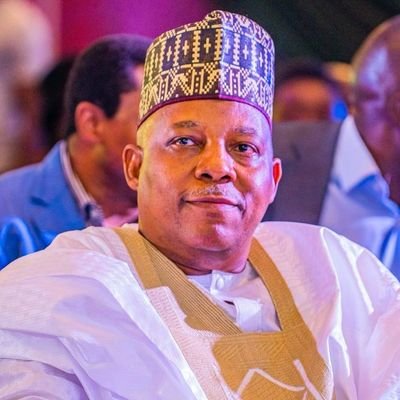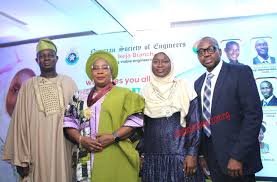President Bola Ahmed Tinubu’s administration has witnessed a surge in political defections, with analysts suggesting that this trend is solidifying his grip on power ahead of the 2027 elections. The ruling All Progressives Congress (APC) has been the primary beneficiary of these defections, as key figures from opposition parties continue to switch allegiance to the APC. Between February 2024 and February 2025 alone, approximately 300 political defections were recorded across the country, according to reports.
Prominent examples include Abdul-Azeez Olajide Adediran, popularly known as Jandor, who recently defected from the People’s Democratic Party (PDP) to the APC despite having previously positioned himself as a staunch critic of APC dominance in Lagos State. Similarly, lawmakers from parties such as the Labour Party (LP) and New Nigeria Peoples Party (NNPP) have also joined the APC in recent months.
Analysts argue that these defections are driven by a combination of factors, including personal political survival, economic interests, and fear of persecution. Many defectors reportedly believe that aligning with the ruling party offers protection from anti-graft agencies and access to government resources. This aligns with findings from a nationwide survey indicating that re-election bids and personal benefits are primary motivators for party switching in Nigeria.
Critics, however, warn that this wave of defections undermines Nigeria’s democratic principles by weakening opposition parties and eroding ideological distinctions between political platforms. The PDP Deputy National Youth Leader, Timothy Osadolor, described the trend as a “threat to democracy,” accusing defectors of prioritizing personal gain over public service. Similarly, the NNPP and other opposition groups have called for legislative reforms to curb indiscriminate defections and strengthen party discipline.
Despite these criticisms, APC officials have dismissed concerns over defections as mere frustration from opposition parties losing their members. They argue that the Nigerian constitution allows politicians to switch parties and view the defections as a testament to APC’s growing influence under Tinubu’s leadership.
While President Tinubu’s ability to consolidate power through these defections is evident, observers caution that this could lead to a one-party dominance scenario, stifling democratic competition and accountability in Nigeria’s political landscape.

